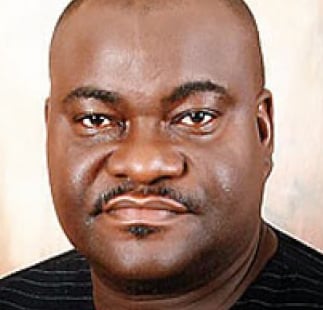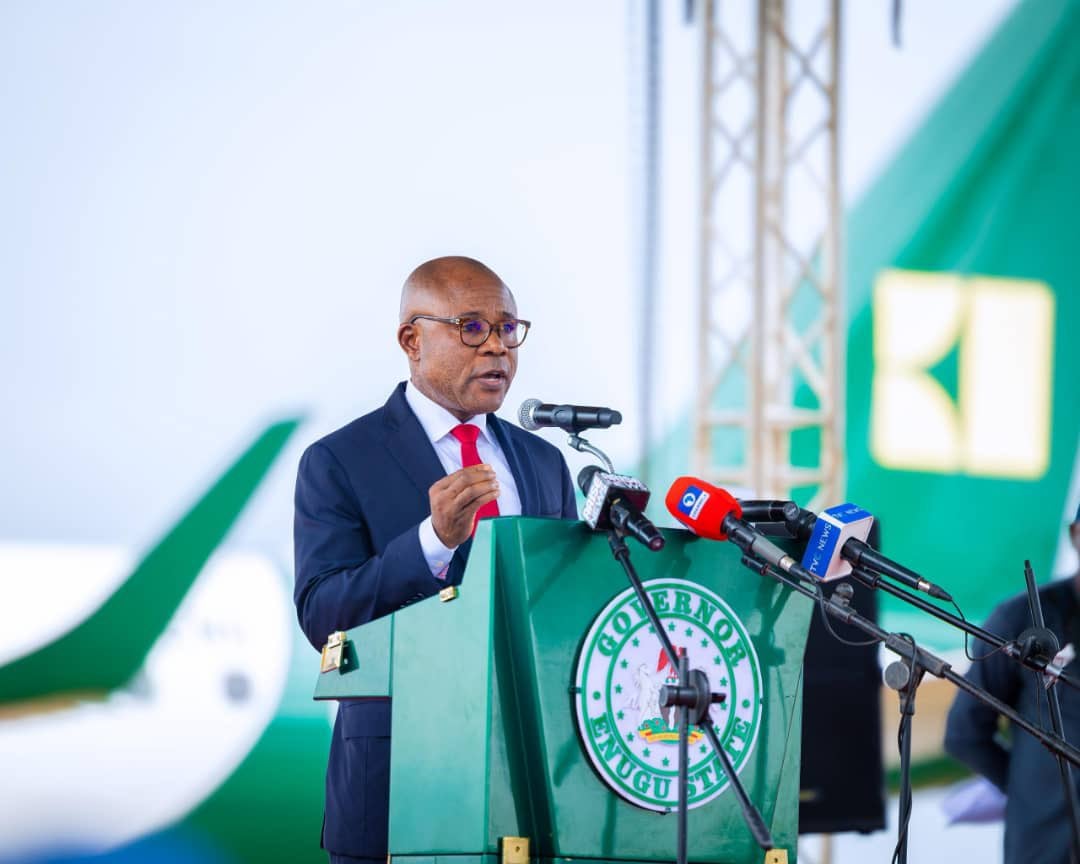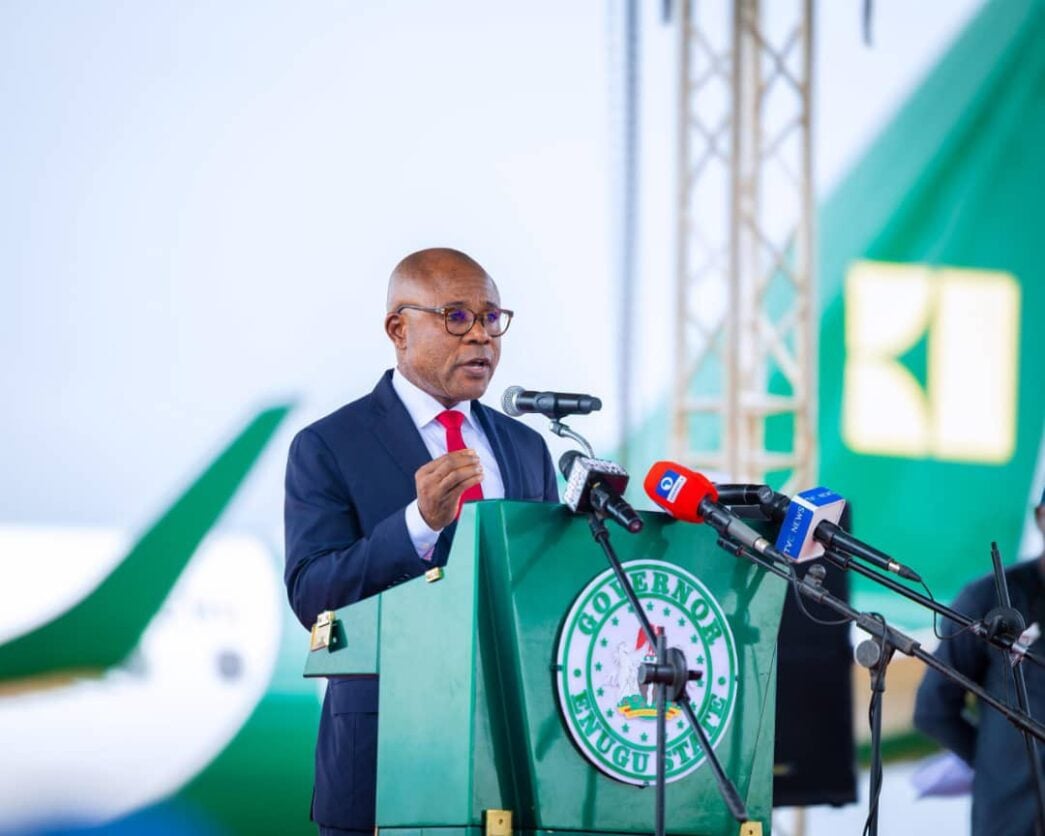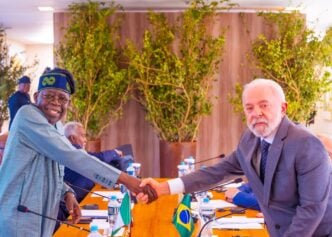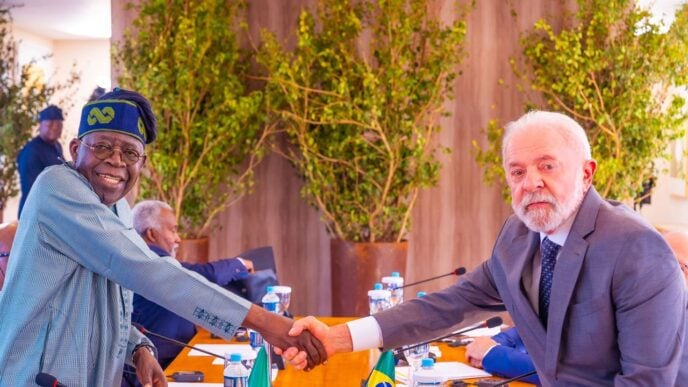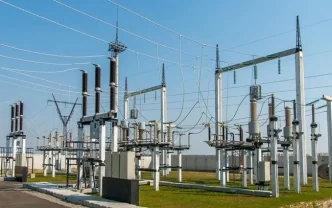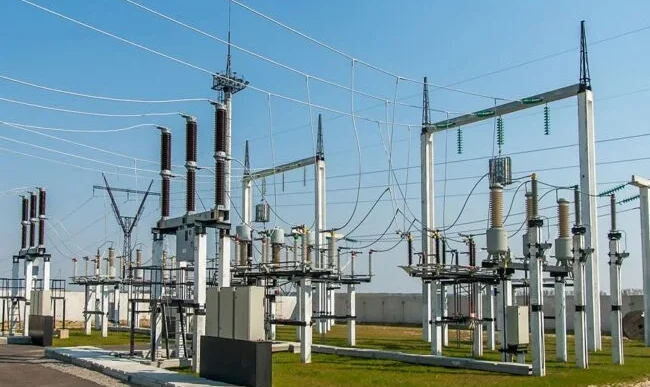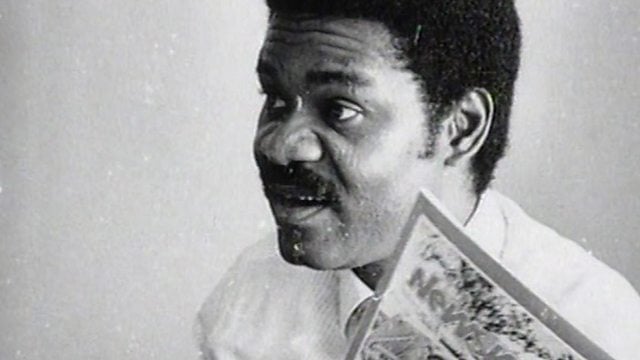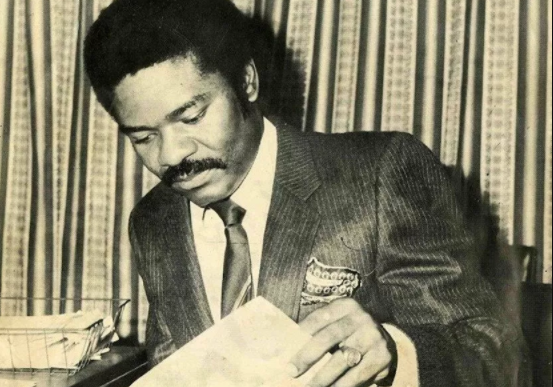Come Tuesday August 28, 2025, the cream of the Nigerian legal community congregate in the the historic Coal City, Enugu, capital of Enugu State, for their annual conference, under the auspices of the Nigerian Bar Association (NBA). They will be the second very important professional body to schedule their converge in the state in as many months, following the precedence of the Nigerian Guild of Editors (NGE), who were guests of the state last June. The senior journalists had more than their fill of sights, sounds, even smells of the jaw-dropping, multi-departmental initiatives and makeover of the state, under the far-sighted, daring leadership of Peter Ndubuisi Mbah. He is the soft-spoken, unassuming Governor of the state. Eye-popping educational infrastructure; diligently constructed and rehabilitated roads; emplaced and functional digital technology-led security apparatchik and a purpose-built, integrated multi-auditorium conference and convention centre, optically validated the consummation of Mbah’s governance mantra that tomorrow is here.
Mbah desires food sufficiency and security for his people; he wants potable water to flow seamlessly through their water taps; he dreams of transforming his state into a global tourism and investment destination; he’s a quester for the growth of the economy of Enugu State into that of a formidable sub-national. He is thus on a compulsive, albeit methodical mission to prosecute a masterplan for the multisectoral uplift of his state. While many other states anticipate handouts from the government at the centre, Mbah has established a tractor assembly workshop, for example, to ensure that his constituents benefit from the agriculture value chain. One hundred tractors have been readied for starters, to support the farm estates which are being established across the state. A vehicle and automotive infrastructure assembly plant is also being established in partnership with Stallion MG Automobiles Ltd. This is part of Mbah’s vision for a production-driven economy, away from the subsisting consumer-based trajectory.
Monday July 7, 2025, Mbah took daringness to a new height. He inaugurated an Enugu government-owned airline, Enugu Air. Enugu thus became the first of the five states in the South East, and the third in Nigeria to own an airline. The state follows the precedence of the Akwa Ibom state-owned Ibom Air and Cross River State’s Cally Air. Coincidentally, all three airline-owning states are in the South of the country. While the operations of Enugu Air will expand in-country flight options for air travellers, Mbah has a bigger vision. The Akanu Ibiam Airport in Enugu, savoured an upgrade to international status under the leadership of former President Muhammadu Buhari. It is operated by a few foreign airlines, notably Ethiopian Air. Mbah intends to leverage on this to position Enugu “as a central aviation gateway to the South East and the bridge between Nigeria and the rest of the world.”
The ultimate goal, according to Mbah, “is to make Enugu a connecting hub for travellers across Africa and internationally. Enugu Air will not only facilitate domestic travel but also serve as a critical link that connects countries to our base here in Enugu, boosting tourism, trade and economic growth.” The Akanu Ibiam International Airport is the oldest and busiest in Nigeria’s South East. Xejet, partners of the Enugu State government on the initiative, are deploying two aircraft for the commencement of the operations of Enugu Air. Flights will commence between Enugu, Lagos, Nigeria’s economic vertebrae, and Abuja, the capitol, two of the busiest air travel routes in Nigeria. Such is the industry and innovative audacity of Peter Mbah. He can most fittingly be described in Nigeria’s pidgin English vocabulary as a talk and do Governor, a leader who delivers, wholly and practically on his word.
Advertisement
Thursday August 14, 2025, less than a month after inaugurating Enugu Air, Mbah commissioned five ultramodern transport terminals in the state. The infrastructures were developed in consonance with his manual for a modern, multimodal public transport ecosystem for Enugu State. Mbah equally cut the ribbons of 80 modern bus shelters built across the state. The aim is to mitigate what Mbah described as “the municipal blight manifested in chaotic traffic and general disorderliness.” Mbah intends for an “efficient public transport system which offers comfort and dignity, and which will fast-track the audacious economic aspirations of his state.” This is in sync with the core desire to make Enugu the most liveable city in Nigeria, where a world-standard transport regimen “moves people, connects businesses and communities.” The intention is also to position Enugu State as a model of modern governance, sustainable growth and human dignity.
At the same event, Mbah launched 100 CNG mass transit buses, out of 200 units acquired by his government, a feat without precedence even in more affluent states across the country. The double-barrelled event, Mbah observed, transcended “a ribbon-cutting exercise,” as it ushered in a whole new experience, fundamentally connecting our vision to action, and our action to the daily lives of the over seven million residents of Enugu State.” Mbah noted that the “CNG Rapid Bus Service Mass Transit Scheme and the terminals are pillars of the transport agenda, a multimodal highway to the future, integrating road, rail, air and waterways into one seamless, safe and efficient ecosystem.” The Enugu State helmsman hopes that his transportation masterplan will create “20,000 jobs across BRT; 2,000 hybrid city taxis, airport operations, ride-hailing and support services.”
One week after emplacing the futuristic transportation system in Enugu State, Mbah commissioned the refurbished hospitality monument in the state capital, the Presidential Hotel, Enugu. Built in 1963 by the Premier of the Eastern Region, Dr Michael Iheonukara Okpara, the once-upon-a-time prototype of post-colonial aesthetics, was a regional pride in its time. It fell into gross disrepair owing to decades of scant attention and non-maintenance. Passed over by his predecessors, Mbah bravely undertook the restoration of the archetype, an endeavour he described as an “imperative reconnection with the history of our people.” Reinstating the 100-room, 62 year old edifice is in tandem with the vision of his government to reestablish Enugu as a major hub for hospitality, tourism and investment. It complements the ongoing construction of a 340-room five-star hotel which will change the face of travel and boarding in Enugu.
Advertisement
Committed to leveraging socioeconomic opportunities and developments for the wellbeing of his constituents, Mbah has also been tweaking his cabinet, ostensibly for better effectiveness and increased productivity. He recently created a Ministry of Energy and Mineral Resources, to oversee the investment of the state in the power sector and explore prospects in the state’s mineral sector. In what is rightly a midterm reinvigoration of his team, Mbah appointed a new Head of Service and six new commissioners, while reassigning three others. He admonished the new entrants into his cabinet to get cracking, and to raise the bar of performance for which his administration had consistently received plaudits from the people. “There’s no time for prefatory honeymoon in this job,” he advised his new aides.
Mbah underwent the mandatory one-year National Youth Service Corps, (NYSC), in a law firm in Lagos between 2001 and 2002, after being called to the Nigerian Bar, upon graduation from the Nigerian Law School, Lagos campus. He recalls the travails of contemporary youth corps members and thus raised their state-paid stipend from the preexisting one naira per member, to a minimum of N20,000 each, depending on course of study. Medical doctors, pharmacists, healthcare professionals, earn N80,000; N50,000 and N40,000 each in that order. Apart from augmenting the buying power of youth corps members who are paid a monthly stipend of N77,000 by the federal government, Mbah believes that university graduates who went through the mills and grills of tertiary education should earn above the minimum wage for general workers. He has indeed been paying a minimum wage of N80,000 monthly to Enugu State workers since December 2024, where some more endowed states are still stuck on a N35,000 wage. Such is the manner of empathy, the fellow-feeling which rules the heart of Mbah.
Governor Peter Mbah has demonstrated that selfless and impactful public service is possible in a milieu where the quality of leadership is painfully razz and degenerate at the very best. Perhaps because he was a very successful private sector player before his foray in politics, Mbah has shown that so long as public servants are transparent and moderate their greed and voluptuous consumption of public resources, there is enough fiscal wherewithal to work for the people and impact their lives. Public resources are not the personal preserve of office holders, most of whom are wont to dishonestly keep chunks for themselves and dispense crumbs to the people. Mbah continues to stride gingerly towards achieving the goal of improving the economy of Enugu State from the present $4.4Billion, to $30Billion, within a time frame of eight years. He is chalking up successes because he has poured himself wholly, honestly and selflessly into his assignment, cognisant that the verdict of history awaits. Nigeria will be better with more Peter Ndubuisi Mbahs.
Olusunle, PhD, Fellow, Association of Nigerian Authors (FANA), is an adjunct professor of creative writing at the University of Abuja.
Advertisement
Views expressed by contributors are strictly personal and not of TheCable.
